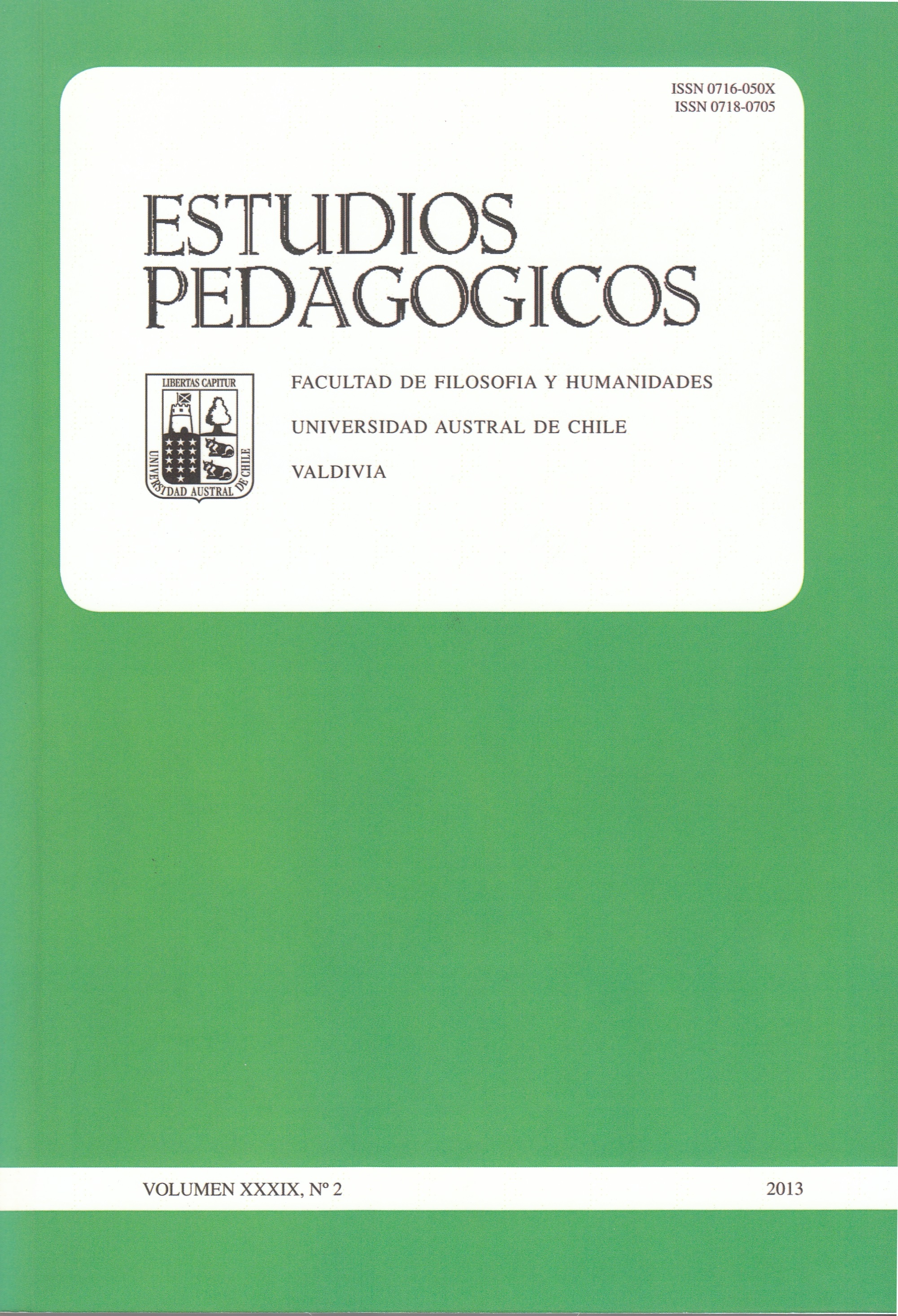Local Consequences of a National Teacher Evaluation System: The Case of Chile
Main Article Content
Abstract
This paper reports on a study of the consequences of a national, standards-based, teacher evaluation system mandatory in Chile since 2005. The focus is on intended and unintended consequences at the municipal (local) level where the evaluation results are supposed to inform educational policies related to hiring and firing, professional development and recognition. Consequences were examined by conducting interviews with nineteen local education authorities in ten municipalities. Results indicate that the program has achieved partially most of its intended goals, mainly the provision of local reward mechanisms for high-achieving teachers, the support of teachers with shortcomings, the use of evaluation results for local educational decision-making and creating a basis for peer-to-peer collaboration. Important unintended consequences were observed such as questioning of NTES' legitimacy and the resistance of teachers to participate in the evaluation.

